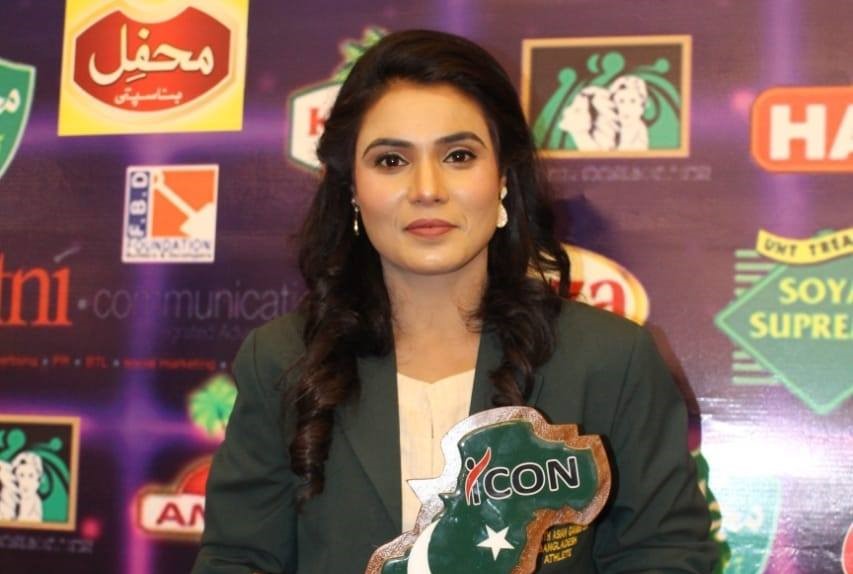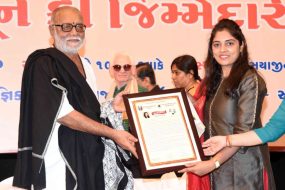
When she won gold in the 100-meter race at the 2010 South Asian Games in Dhaka, Bangladesh, Naseem Hameed, a well-known figure in Pakistani athletics, became the fastest woman in South Asia. In addition to winning her the coveted championship, her incredible performance—which clocked in just 11.81 seconds—won her the affection of millions of people in Pakistan and beyond.

Early Life and Background
Born on May 19, 1988, in Karachi, Naseem grew up in a modest household. From an early age, she displayed an innate talent for running. Despite limited resources and infrastructure for female athletes in Pakistan, her dedication and passion for sprinting set her apart. She trained under the guidance of Maqsood Ahmed at the Pakistan Sports Board and worked tirelessly to refine her skills.
Breakthrough Moment
Naseem’s defining moment came at the 2010 South Asian Games, where she not only brought glory to Pakistan but also broke stereotypes in a region where female participation in sports often faces cultural and societal hurdles. Her victory was symbolic, representing resilience and the potential of women in Pakistan.
Post-Victory Impact
Following her success, Naseem became a national hero. The Pakistani government and various organizations celebrated her achievement. She was appointed as a sports ambassador by Pakistan’s President and awarded cash prizes and honors to recognize her contribution to sports.
Her win inspired a new generation of athletes, particularly women, to pursue sports despite societal challenges. She also highlighted the need for better facilities, training, and support for athletes in Pakistan.
Legacy and Advocacy
After her competitive career, Naseem has been active in promoting athletics and empowering women through sports. She continues to advocate for improved infrastructure and support for young athletes in Pakistan, emphasizing the importance of nurturing talent at the grassroots level.
Challenges in Women’s Sports in Pakistan
Naseem’s journey is a testament to overcoming adversity. The lack of resources, inadequate training facilities, and limited societal support for women in sports remain significant challenges in Pakistan. Her story underscores the importance of addressing these issues to enable more athletes to shine on international platforms.










